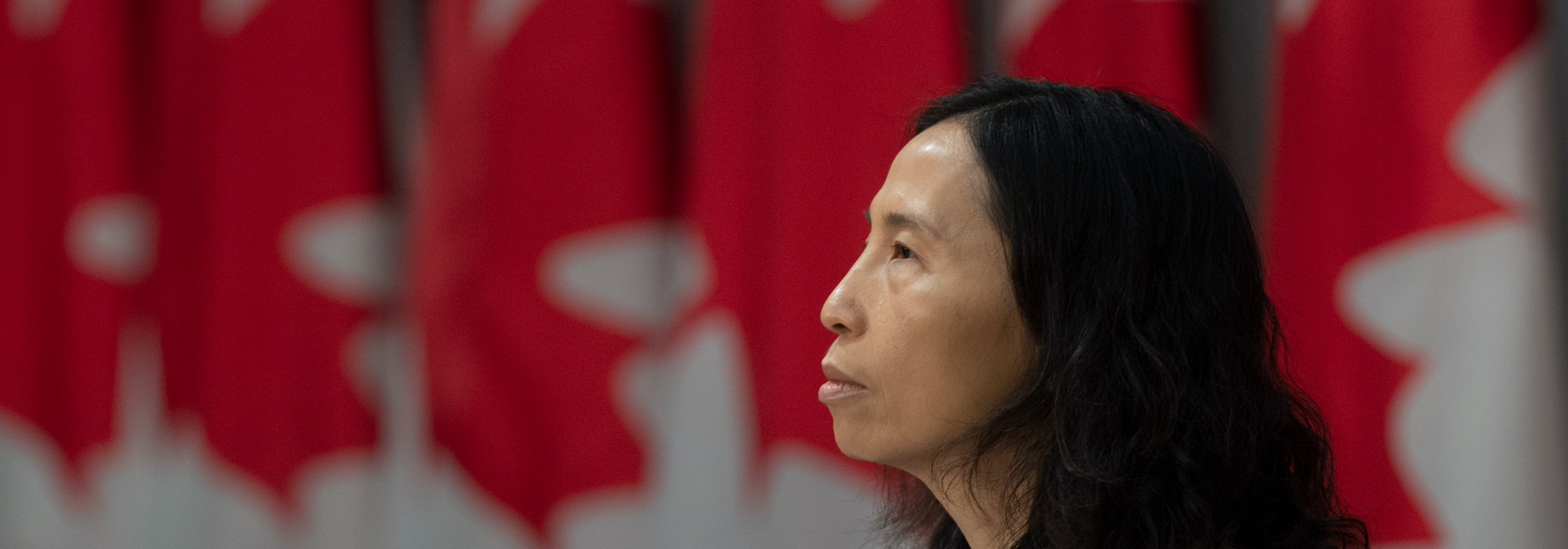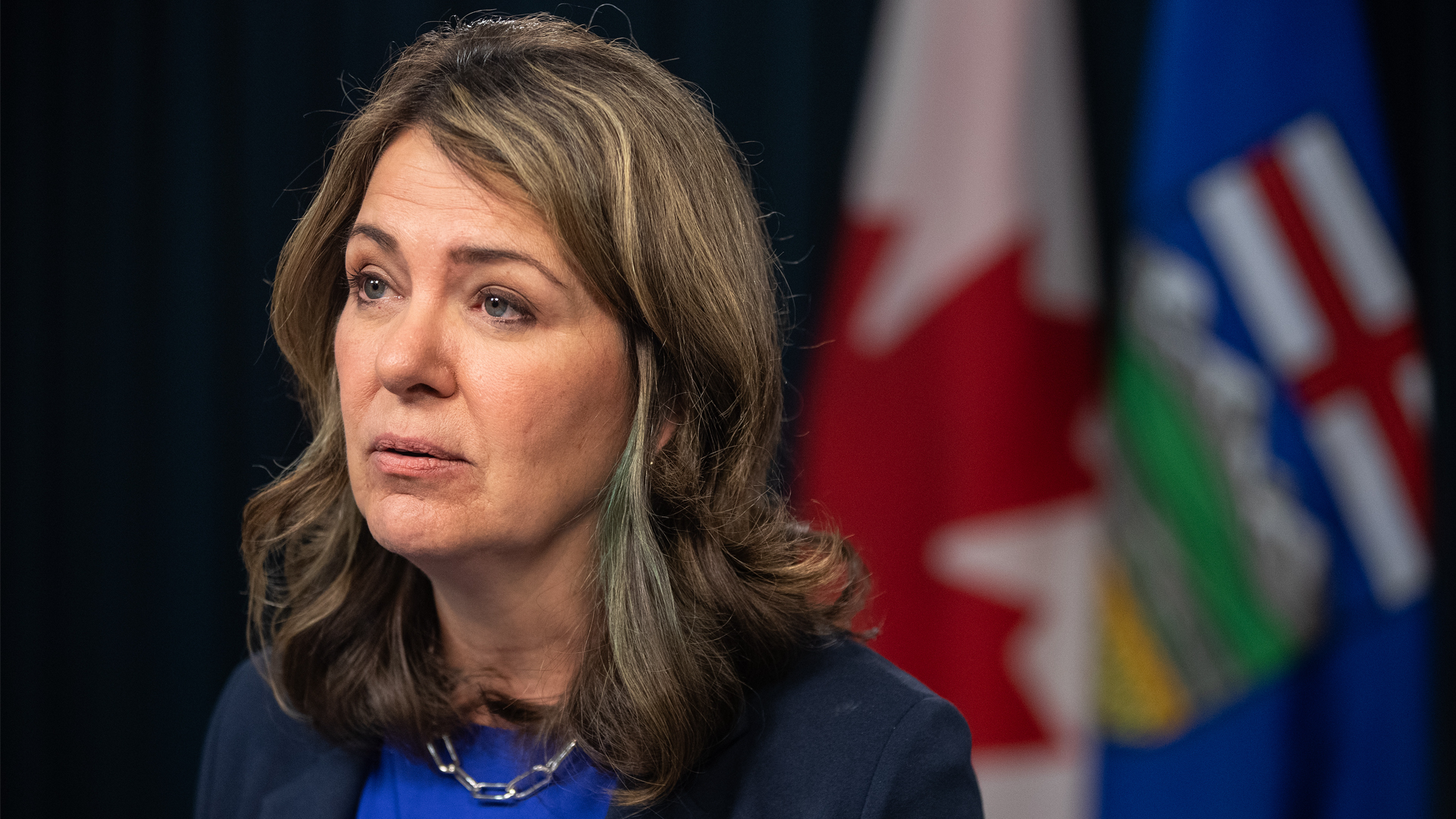
For its 40th anniversary, Policy Options is asking Canadians from different corners of the Canadian political and public policy world to comment on articles that appeared in the magazine in 1980, the first year of publication. The following is a response to a piece written by the Hon. Flora MacDonald in the June/July edition of that year.
The COVID-19 pandemic and its economic fallout have focused our minds on what matters – good health, work, family and friends, and the reliable information we need to protect our loved ones and ourselves. The crisis has forced us to reflect on things we often take for granted, from the daily ritual of visiting the local coffee shop to the social bonds that knit our communities together.
The crisis has also revealed something else we often take for granted, that good governance and strong institutions matter. As we look around the world, Canadians are seeing concrete examples of the importance of government transparency and democratic accountability. They are appreciating the forthrightness of their political leaders and the expertise of their public health officials. They are recognizing the skill and dedication of public servants charged with getting funds quickly into the hands of laid-off workers and bringing stranded Canadians home from abroad.
That is not to say that Canadians are unquestioning. They are asking whether their governments were adequately prepared. They want to know if there is a plan to reopen our communities and reboot the economy. They know that our lives, livelihoods and ways of life are at stake.
In normal times, the public and pundits are often indifferent to government, or even treat it with scorn. If truth be told, most people and their businesses do not pay much attention unless their interests are directly affected. Now, everyone’s vital interests are at stake. It matters whether our governments have the capacity to manage the immediate crisis and are open to new approaches and debate. It matters whether they have the nimbleness and foresight to plan over successive horizons. It also matters that governments have leadership and capacity on multiple fronts, as this crisis cuts across multiple domains – health, social services, employment, industry, intergovernmental relations and beyond.
To succeed, our governments need strong political leadership, but they also need world-class evidence and analysis, ideas and innovation, and robust debate.
Forty years ago, in her Policy Options article the former secretary of state for external affairs Flora MacDonald raised the alarm that ministers weren’t always getting the advice they needed to make sound decisions. MacDonald appreciated the input she got from her senior officials, and valued their experience and expertise. However, she lamented the bureaucracy’s monopoly on advice. She wanted to hear from multiple sources. It is fair to say she resented the senior mandarins’ high self-regard and disdain for the political fray.
Fast-forward to 2020. MacDonald would no doubt appreciate that the high-handedness of some former mandarins is a historical artefact. She would welcome the explosion of information and ideas opened up by the internet. And she would no doubt approve of the more settled understanding of what makes for an effective interface between ministers, their offices and public servants – interfaces that are anchored by democratic values.
To be sure, ministers, particularly those in new governments, sometimes share MacDonald’s concern that public servants are closed-minded and resistant to change. Overall, notwithstanding inevitable and even necessary tensions, public servants well understand the importance of being responsive to political direction, while providing nonpartisan advice and neutral public administration. They no longer have a monopoly on information or advice, and they expect their advice to be contested. In these times, public servants have to be experts in their own right, to add ideas and innovation, and to be adept at distilling and assessing what others inside and outside government say.
In recent decades, the concerns that have emerged are different from the ones MacDonald wrote about. If anything, observers are concerned the pendulum has gone too far the other way. They point to the risks associated with the centralization of power in the prime minister’s and premiers’ offices, draining authority away from ministers and Cabinet and undercutting the policy advisory function. They worry about governments’ preoccupation with short-term politics and with issues management coming at the expense of policy development, deliberation and over-the-horizon thinking. The ever-quickening pace of social media and the 24/7 news cycle have only amplified these trends and concerns.
Some, like the venerable political scientist Peter Aucoin, have argued that the dominance of political management has resulted in public servants being drawn too far into the political domain. Aucoin went so far as to warn that public servants could become “promiscuous partisans” if their loyalty was judged by the extent to which they only said what political masters wanted to hear. His concern was that public servants would stop giving their best advice, and ministers would stop getting much needed independent analysis and perspective.
The Public Policy Forum’s eminent person’s group cautioned that the dominance of political management and daily-issues management meant that the public service risked being supplanted by the “political service” of ministerial staff, a complementary but different function. They argued that over time the public service would lose its capacity to provide astute, evidence-based policy advice in support of not just current governments, but future governments as well. They worried that “short-termism” would erode governments’ ability to tackle complex medium- to longer-term national challenges.
These issues are not new, and they are not unique to Canada. But they are particularly pertinent at this moment in time as we face the unprecedented national challenge of overcoming the COVID-19 pandemic and restoring the economy.
Our public officials have proved over the last few weeks that they are capable of responding with competence and innovation. These efforts will need to be sustained for weeks and months, if not years. Planning for the recovery and the post-pandemic landscape will need to ramp up. Governments will need to draw on deep wells of expertise and tap new, innovative ideas. They will need to be nimble and steadfast, with one eye on the near term and the other on the medium- to long-term horizons.
Forty years ago, Flora MacDonald ended her Policy Options article with a plea to Canadians that they pay greater attention to the workings of our parliamentary democracy, the policy process and the relationship between ministers and public servants. The stakes were high then, and they are even higher now. Good governance and strong institutions will be at the heart of Canada’s ability to overcome the current crisis and succeed in the years ahead. We cannot take our governance institutions for granted – we must ensure they continue to excel in their service to Canadians.
Photo: Chief Public Health Officer Dr. Theresa Tam listens to a question during a news conference in Ottawa on April 13, 2020. The Canadian Press/Adrian Wyld.







